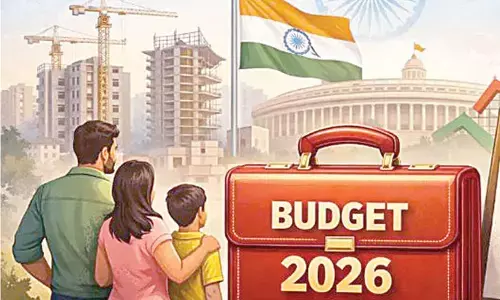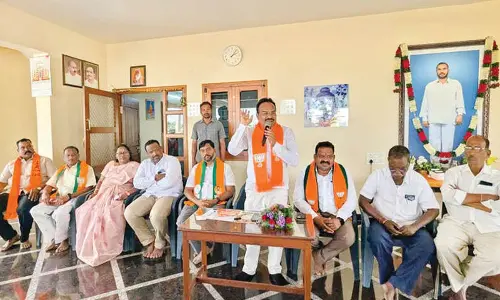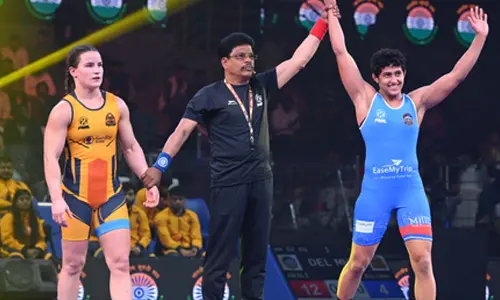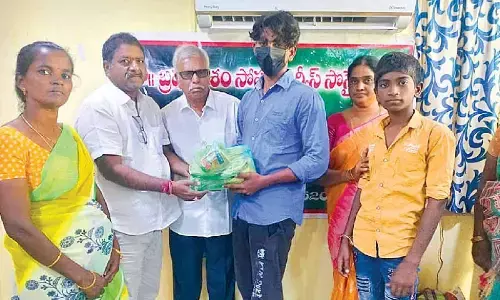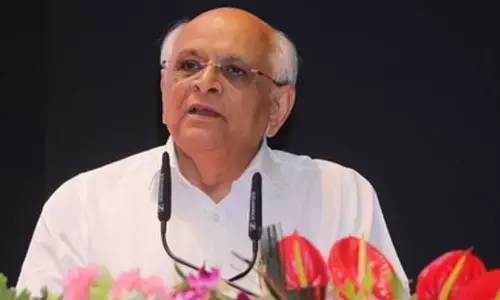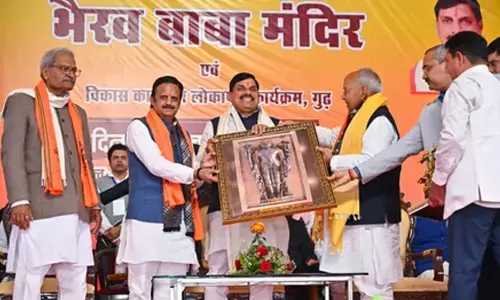Rediscovering Love on the Internet
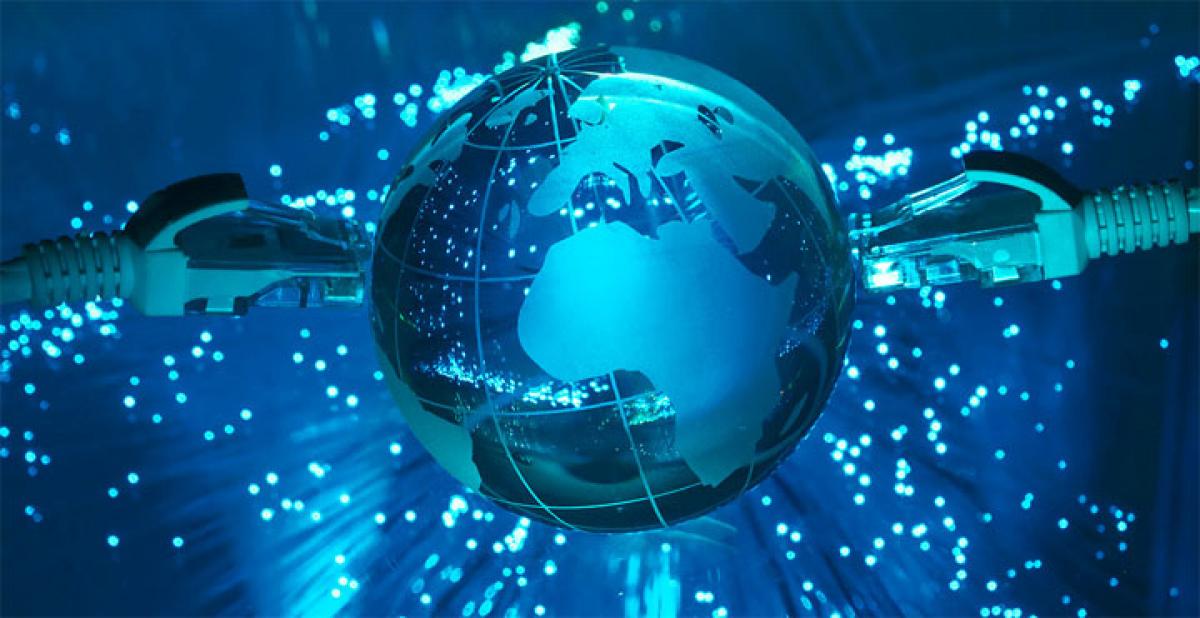
The Internet today has become the new media where millions of people especially the teenagers spend hours exploring, digging, and learning. While spending time behind a computer was considered as a rather eccentric hobby in the early 1980\'s, it is now the most effective communication method largely among young people, enabling us to connect even with the farthest parts of the world.
The Internet today has become the new media where millions of people especially the teenagers spend hours exploring, digging, and learning. While spending time behind a computer was considered as a rather eccentric hobby in the early 1980's, it is now the most effective communication method largely among young people, enabling us to connect even with the farthest parts of the world.
Besides, social media, a big part of the Internet with a massive amount of users, (Facebook has 1.3 billion users and Twitter 307 million active users) can easily shape national policies, determine international headlines, affect individual lives and set worldwide trends. These unique tools specific to the modern age, are capable of doing immense good, but they also have the potential of inflicting serious damage.
The very real problem of disinformation is one of these issues that the growing influence of the Internet is bringing to light.
The countless number of people on the Internet, and more importantly on social media, are continually producing massive amounts of information. Someis useful, some mundane, and some intentionally wrong.
Wrong information. Why and how? Usually defined as false information that is given to people in order to make them believe something or to hide the truth, disinformation is sometimes used as a psychological warfare method in the media, politics, the economy, sports and the military. At a time when most people get their information from the Internet, how safe are we in terms of what we learn, considering that a major part of the data found onInternet is not entirely reliable?
The Gezi Park protests in Turkey, which was notoriously fueled by social media postings mainly by the youth who joined the protests, is a good example. According to the Social Media Track System, on March31st 2013 alone, 15,247,000 Tweets were posted and five million of them were provocative information. Among these fallacious posts, there was one photo showing people who participated in the Eurasia Marathon, and this was presented as 'a march from the Bosporus Bridge to Taksim as a part of the Gezi protest.' The US, home to the highest number of Internet users, is naturally not immune to this peril and greatly suffers from its effects. For instance, even though all the detected patients in the US tested negative for the Ebola virus, people nonetheless Tweeted as if the disease was spreading rapidly in cities and it could infect others through air, water or food, all of which was grotesquely distorted information.
These and countless other examples are enough to demonstrate that the Internet might be manipulated for not-so-good intentions as much as for good.
So what can be done to counter this dangerous phenomenon? One of the most influential methods would be disseminating accurate information through individual social accounts. On a broader level, world governments and Internet regulatory bodies can take swift action and adopt stricter measures to at least curb this trend to an extent. Furthermore, people should not think that a piece of information is accurate just because it is on social media. It is imperative that they be aware that some people might have malevolent intentions and look to stir up conflict, instigate hatred and even misdirect the responsible parties of a crisis by smearing opponents. When this is done, the effect will clearly be stunning.
We also have to realize that social media gives regular people immense power and if it is harnessed in the right way, it can be one of the most powerful instruments in the world. Remember when Michelle Obama started a campaign to bring back 200 girls kidnapped by Boko Haram, the Nigeria-based terrorist organization in April 2014. The whole world rose up, politicians discussed the subject and commentators wrote about it in their columns; people used social media day and night in an effort to have the girls returned. Regrettably, it was a short-lived zeal and the incident was quickly forgotten, and the girls remained in captivity. The same thing can be said for the violence targeting innocent people, including children in the Central African Republic, the Rohingya of Myanmar, one of the world’s most persecuted people, and the Bangladeshi administration executing the elderly. All these subjects rightfully drew the world’s attention at one point through theInternet, but were later forgotten.
Yet, the tragedy continues and it is possible to take action on an individual basis. These campaigns that started something so blessed can be easily continued until an effective solution is reached. We should not forget that as human beings, we are responsible towards our fellow humans, regardless of faith, background, race, ethnicity, or language. And considering that we have this amazing tool at our disposal, why not put it to a greater use, and keep these crucial problems on the world’s agenda and play our part in helping people in need?
Another harmful side of social media and the Internet is how much it has become a platform of hate mongering. Everyone agrees that hatred has spread far and wide now that haters are using it to pit people against each other. Can our poor world afford any more of that? It is clear that social media is supposed to be a platform where people share verified and accurate information based on reliable sources, where messages of love and friendship prevail instead of hateful Tweets about faith, race or gender but most of the time this is not the case. The answer once again lies with us. If people turn to their conscience before they Tweet something hateful, misleading or offensive, the effect would be immediate and create a chain effect of love.
Otherwise, they should remember that they will have played a part in all the wickedness caused by the spread of dishonest and sometimes inflammatory information.
Therefore, to counter this fast spreading disease of hatred, let’s do what we need to do and respond to the haters with a language of pure love. In a world where words like love,compassion and mercy are mostly forgotten, let’s use the power of the Internet for good, and rediscover these most beautiful blessings in the world. Let’s be trailblazers in love, and make everyone remember that it is the only reason we live; love is the one thing that everyone’s soul needs and that with a little bit of effort, we can bring it back to life.
By Harun Yahya








